
Read or listen offline
audio autogenerado
1×
audio autogenerado
Recommendation
Many observers believed the massive drop in oil prices that began in mid-2014 would have a significant positive impact on the world economy. Instead, experts have adjusted global growth forecasts downward for 2015–2016. In a new era of low oil prices, both winners and losers will emerge, and countries must adjust their policies accordingly. This comprehensive and accessible report from a multidisciplinary team of economists at the International Monetary Fund offers readers a solid grounding in the shifting dynamics of energy prices. getAbstract recommends this informative text to energy producers and energy consumers everywhere.
Take-Aways
About the Authors
Aasim M. Husain et al. are economists with the International Monetary Fund.
By the same authors
Learners who read this summary also read
Article
Article
Book








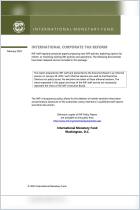
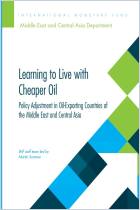

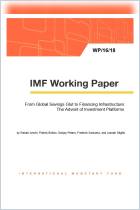

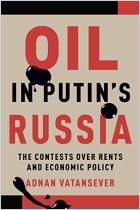
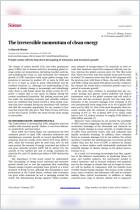
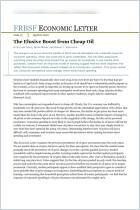




Comment on this summary or Diskussion beginnen